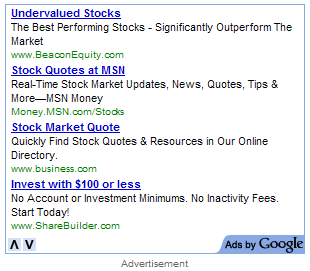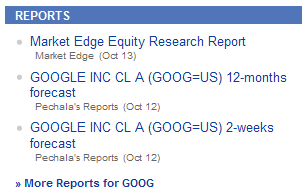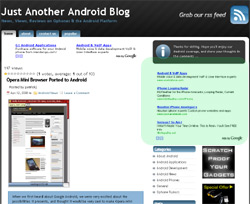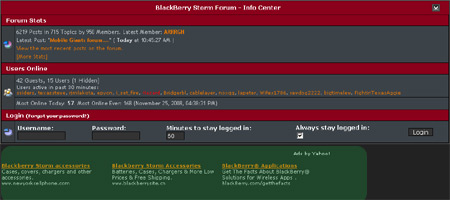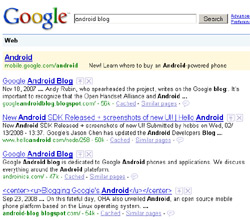We're happy to let you know that you don't need divine forces to play a role in the findability of your site. Nope -- you can help make sure that your site turns up just when it should by taking advantage of these tips from our Search Quality Team.
- Not sure if all your pages are being seen by Google? Search for your site's address after the command "site", like [site:example.com]. When you see your pages in the results, check your snippet content and page titles. Include information that matches the topic of a particular page. If anything is missing or you want more details, you can also use the Content Analysis tool in Webmaster Tools.
- If you upload new pages or topics faster than Google crawls your site, make sure to submit a Google Sitemap and include a refresh rate.
- Label your images appropriately. Users searching in Google Image Search will more easily find the image on your site. Don't miss out on potential traffic because of [001.jpg] instead of [NintendoWii.jpg]. Image Search is one of the largest search properties out there, so you should take advantage of it.
- Manage your SiteLinks. Your most valuable links may not be the ones that Google chooses as SiteLinks, so remember you can remove any that you don't think users will find useful.
- Check for errors and keyword traffic in Webmaster Tools. See our diagnostics checklist.
- Serve accurate HTTP status codes. If you've retired a page permanently, serve a 404. If you've simply relocated it, serve a 301. The more we know about your old pages, the faster we will find the next best page on your site for a given query.
- Users and search engines like organic content. Make some of your own!
- Read our recently released SEO Starter Guide.
- Watch our Tutorials for Webmasters.
- Find out what information Google has about your website in Webmaster Tools.
- Get the latest updates from the Webmaster Central Blog.
- Find answers to your questions in our Webmaster Help Center, or ask your questions in the Webmaster Help Group.




 Gordon Haff is a Principal IT Advisor with Illuminata, Inc. and has over 20 years of IT industry experience. He blogs about what's happening with enterprise servers and datacenters, "Yotta-scale" computing, and related software and device trends as part of the CNET Blog Network.
Gordon Haff is a Principal IT Advisor with Illuminata, Inc. and has over 20 years of IT industry experience. He blogs about what's happening with enterprise servers and datacenters, "Yotta-scale" computing, and related software and device trends as part of the CNET Blog Network.
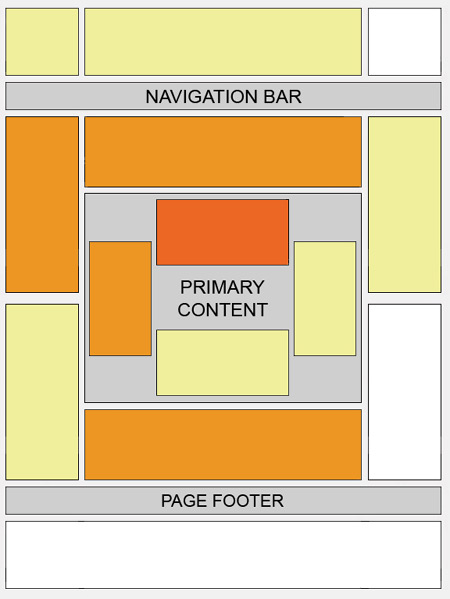
 By: Navneet Kaushal
By: Navneet Kaushal  By: Aaron Wall
By: Aaron Wall 